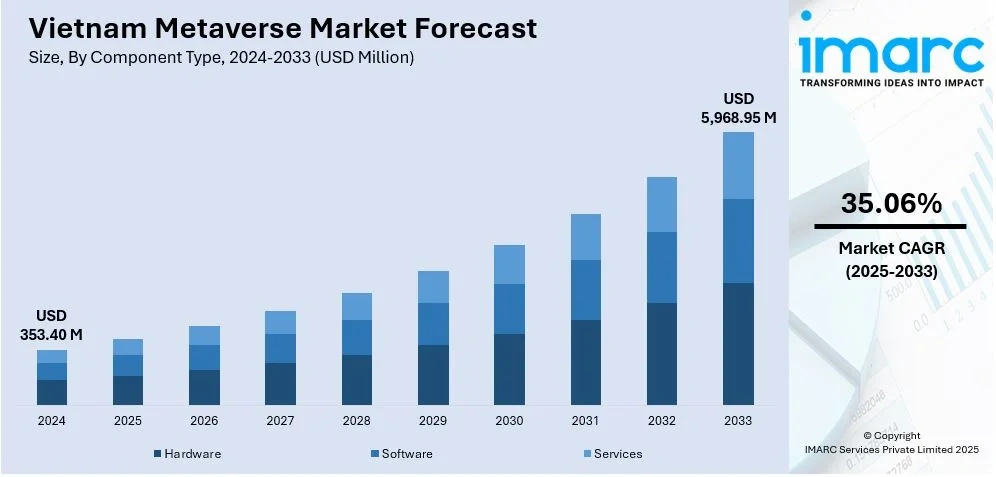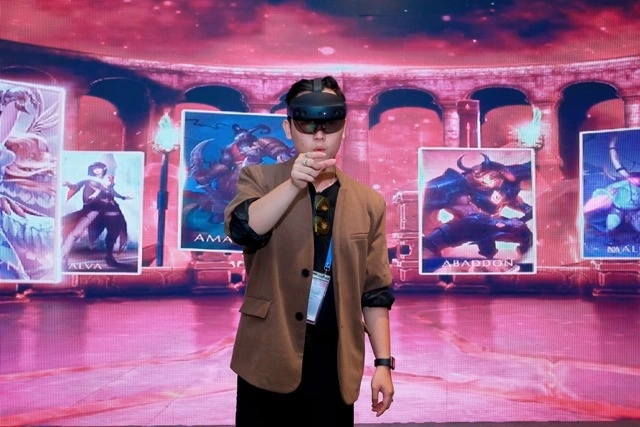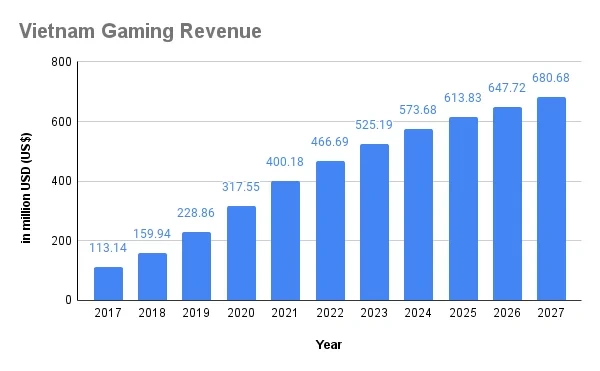Is the Metaverse Trend Still Relevant in 2025? Your Questions Answered
September 13, 2024

FAQ: The Metaverse Trend and Web3 Gaming in 2025
As hype around the metaverse trend fades from headlines, questions linger: Is it evolving or evaporating? What’s happening in Web3 gaming now? And why is Vietnam frequently mentioned in this space? Here’s a breakdown of the most pressing questions — and where the answers stand in mid-2025.
1. Is the metaverse trend overhyped — or still developing in 2025?
The metaverse is no longer a buzzword dominating news cycles, but it hasn’t disappeared. In 2025, the trend has shifted from speculative land grabs and glossy VR pitches toward more grounded use cases: hybrid workplace tools, virtual events, and decentralized gaming ecosystems. The metaverse trend may no longer be explosive, but it’s quietly maturing.
2. What role does Web3 gaming play in keeping the metaverse alive?
Web3 gaming continues to be one of the most resilient engines of the metaverse. Unlike corporate experiments that failed to gain traction, game-first platforms like sandbox RPGs and player-owned battle arenas still draw active users. Play-and-earn mechanics have evolved toward sustainability, helping stabilize digital economies.
Several blockchain game Vietnam studios are focusing on quality gameplay rather than token-first mechanics — a welcome correction that suggests longer-term viability.
3. Why is Vietnam such a notable player in the metaverse ecosystem?

Credit from IMARC Group
Vietnam has quietly become a regional hub for blockchain and metaverse innovation. A tech-savvy, mobile-first population and strong developer talent pipeline make it fertile ground for experimentation. Vietnamese teams have contributed to globally recognized Web3 games, while local metaverse startups in Vietnam are testing new models for social commerce, education, and entertainment.
4. How is the adoption of metaverse technology progressing in Vietnam?

Credit from Vietnam Investment Review
Still a work in progress. While there’s enthusiasm among younger generations, widespread adoption of metaverse technology in Vietnam faces hurdles: inconsistent internet access in rural areas, limited hardware accessibility (such as VR headsets), and a regulatory environment that’s evolving cautiously.
However, smartphone-optimized metaverse experiences, especially those layered with Web3 capabilities, have gained traction. Vietnamese creators and developers are finding creative workarounds — prioritizing accessibility and local relevance.
5. Are Vietnamese blockchain gaming startups still active in 2025?

Credit from ASEAN Business Partners
Yes, but many have adapted. Several Vietnamese blockchain gaming startups in 2025 have either pivoted away from unsustainable token models or merged with other ecosystem partners. Some are developing interoperability layers between games, while others are investing in cross-platform digital identity and asset management.
Instead of building for hype, they’re building for ecosystems — and that makes all the difference.
6. What are the main risks facing the metaverse and Web3 gaming today?

Credit from Security Magazine
Fatigue, fragmentation, and financial volatility. Users report switching between too many platforms, wallets, and token ecosystems. Security also remains a concern, particularly with frequent phishing attacks and smart contract vulnerabilities in games.
Moreover, monetization models are still under scrutiny. While Web3 gaming Vietnam efforts are leaning toward more sustainable mechanics, the sector remains sensitive to crypto market downturns and regulatory changes.
7. Is there still investment and innovation happening in the space?
Cautiously, yes. Venture funding has slowed compared to the 2021–2022 boom, but it hasn’t vanished. Investors are now prioritizing product-market fit, user retention, and regional scalability — especially in Southeast Asia. Projects that once touted roadmap promises are now expected to deliver functioning platforms.
Vietnam’s role in the metaverse trend continues to draw attention from APAC investors, especially those focused on mobile gaming and decentralized apps.
Conclusion: The Metaverse Trend Is Changing, Not Ending
The metaverse trend in 2025 looks very different from its speculative origins. Today’s version is more local, more practical, and more tightly connected to Web3 gaming communities — particularly in regions like Vietnam.
It’s not a question of whether the metaverse is “dead.” The better question is: are we finally seeing what it was supposed to be all along?
